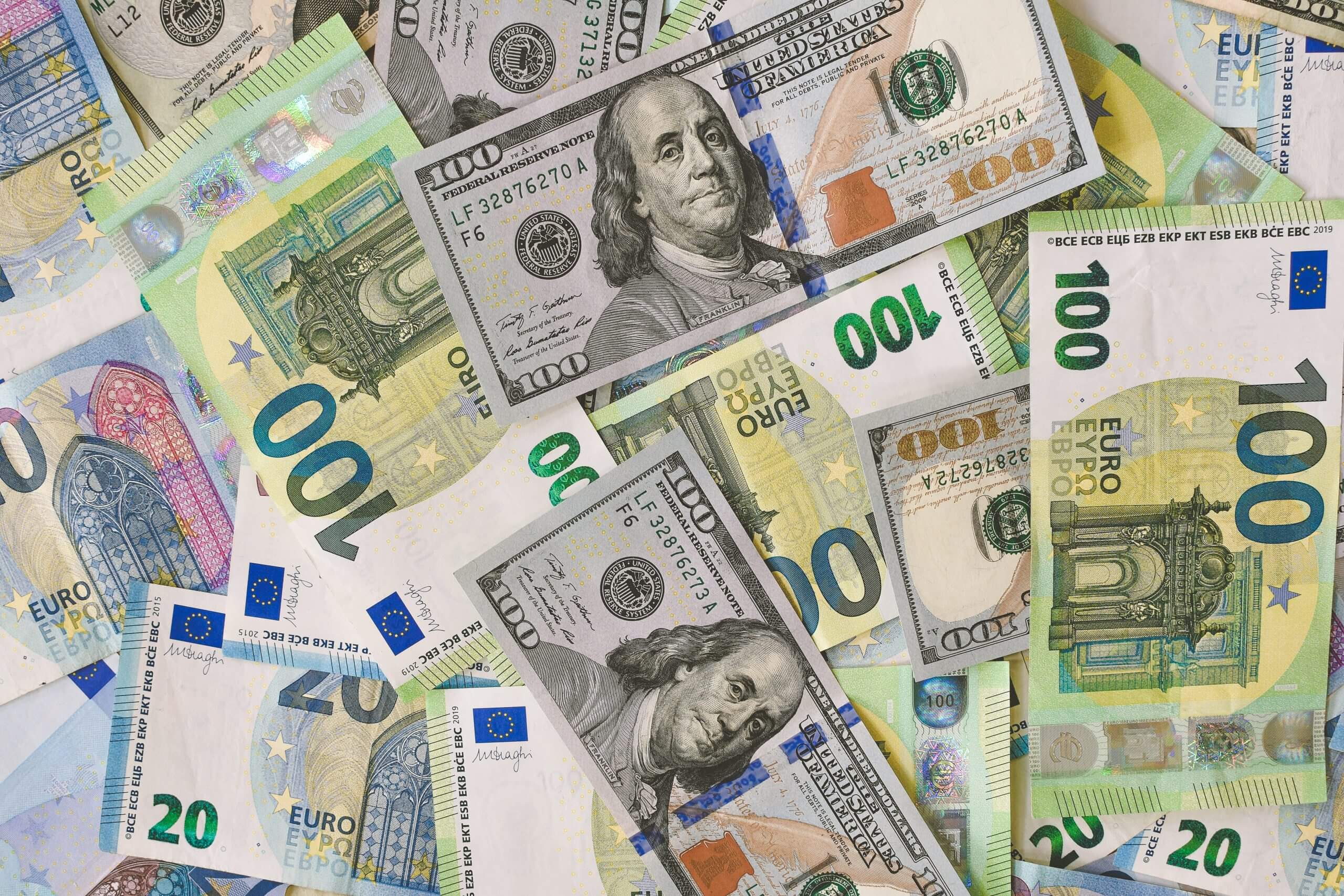Inflation, or the decrease of purchasing power, has been a significant problem for many, many years.
Last month, Canada's inflation rate rose to a high of 5.7% , causing prices of food, gas, housing, and more to grow. With this rise, Canada's inflation rate has been the highest since August 1991. The United States is having similar inflationary growth as prices have risen 8.5% in March compared to last year. This inflation hike is the biggest year-over-year gain in the index since CPI inflation in December 1981. The Core CPI saw a 6.5% surge over the year. One of the reasons for the rise in inflation is energy prices correlated to the current invasion of Ukraine, which led to increased costs over the last few months. Following this, retail gas prices increased by 6.9% in February alone, up almost one-third from last year.
The ongoing war has also led to grocery prices seeing a 7.4% jump in the last year - the fastest pace gain in groceries since 2009. These climbing prices are due to Russia and Ukraine together making up almost 30% of the world's wheat supply.
These growing numbers can also be equated to supply chain disruptions and consumer demand for goods through COVID-19.
With the recent inflationary growth, many investors are looking to digital assets to help hedge against inflation. Digital assets like Bitcoin
are considered by some savvy investors to be an inflation-resistant form of investment.
The Governments Response
The Bank of Canada's initial speculation in January suggested that the annual inflation rate hit the expected average of 5% through the year's first half. However, it is now predicted that inflation will go as high as 6% within the same timeframe.
While these predictions would have more than likely come to fruition under normal circumstances, the war occurring in Ukraine went against the anticipated historic lows of the 0.25% rate set by the Bank of Canada.
To combat this, the Bank of Canada raised the target for its overnight rate to 1% last month, leading to a 50-basis-point hike in the benchmark interest rate.
The efforts made by the Bank of Canada with oversized interest rate hikes will take time to bring price growth back to normal levels as the central bank races to catch up with an economy that's bouncing back stronger than first anticipated.
Bitcoin & Digital Assets - A Solution to the Problem?
Though economics surrounding the bitcoin market can be complex, this innovative investment asset is designed to avoid inflation and experience predictable, low inflation rates.
Though some investors prefer gold for combatting inflation, bitcoin can offer many long-term growth prospects. These growth prospects include limited supply (to protect its value), the decentralized nature not tying it to any economy or currency, and its immutability.
Remember, unlike the dollar, there will only ever be 22 million bitcoin. Therefore, with bitcoin there is a consistent, stable monetary base and an unchanging supply
. For this reason, many investors continue to turn to bitcoin to hedge against inflation.
About Netcoins
Established in 2014 in Vancouver, British Columbia, Netcoins is a registered Restricted Dealer with the provincial securities commissions and a registered Money Services Business (MSB) with FINTRAC. The platform operates under BIGG Digital Assets Inc., a publicly traded company listed on the TSX Venture Exchange (TSXV: BIGG), and complies with applicable public company regulatory requirements.
The information provided in the blog posts on this platform is for educational purposes only. It is not intended to be financial advice or a recommendation to buy, sell, or hold any cryptocurrency. Always do your own research and consult with a professional financial advisor before making any investment decisions. Cryptocurrency investments carry a high degree of risk, including the risk of total loss. The blog posts on this platform are not investment advice and do not guarantee any returns. Any action you take based on the information on our platform is strictly at your own risk. The content of our blog posts reflects the authors’ opinions based on their personal experiences and research. However, the rapidly changing and volatile nature of the cryptocurrency market means that the information and opinions presented may quickly become outdated or irrelevant. Always verify the current state of the market before making any decisions.





.jpg)
.png)




